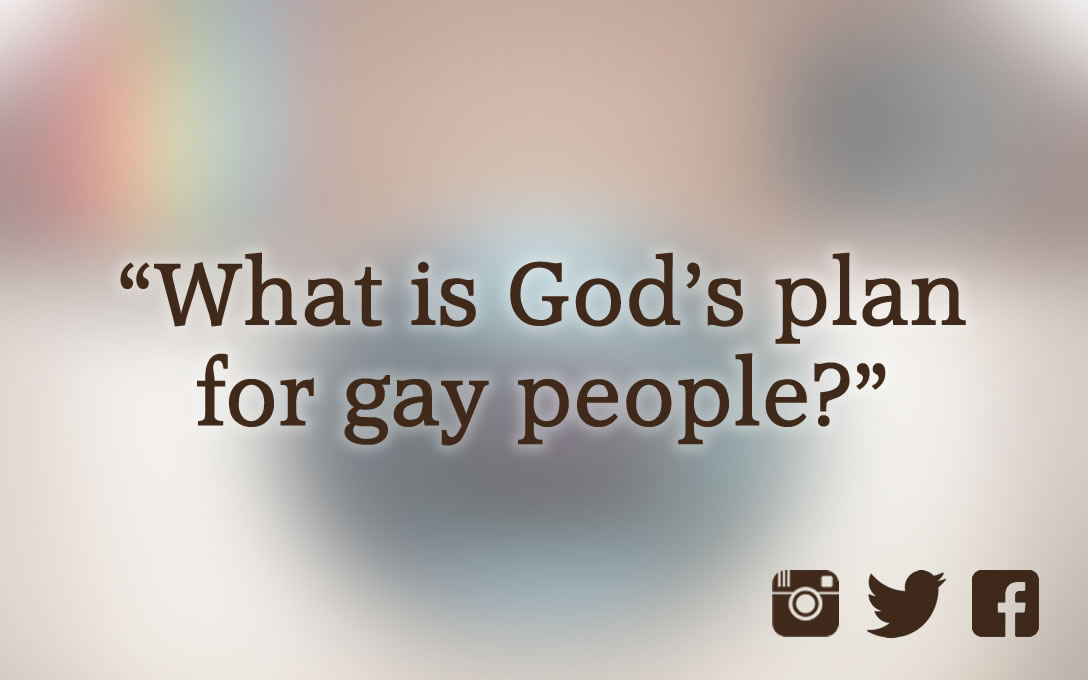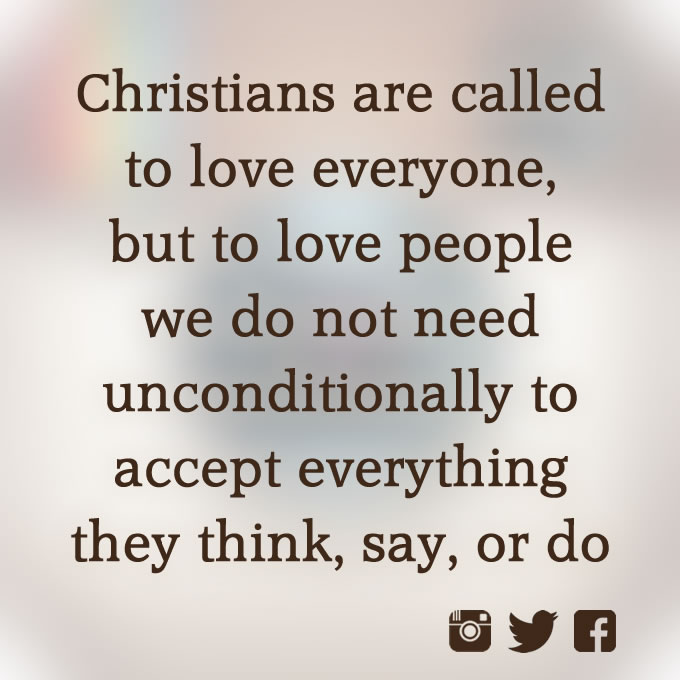On both sides of the Tasman, in both public and social media, debate has been raging for several weeks about rugby star Israel Folau’s answer to the question,
…what was gods plan for gay people??
with
HELL… Unless they repent of their sins and turn to God.
Many commentators have expressed outrage, accusing Folau of hatred, bigotry, and homophobia. Others have been shocked by the intense anger, hostility and intolerance expressed towards Folau, and have worried about our society in relation to the freedom of religion and the freedom of speech.
Against that backdrop, some 21 reflections:
Note: these reflections do not necessarily reflect the views of the NZCN, or of all New Zealand churches, or of NZ Christians as a whole. This is an opinion piece.
1
Folau was not expressing hatred, but his belief based on the Bible
2
For most Christians, obeying the Bible is very important to them, because they see the Bible as the Word of God
3
It might have been better if Folau had answered something like “It is God’s plan that everyone should turn to God, and be forgiven and find new life through Christ”, and had left it at that
4
Repentance and hell are part of what the Bible teaches, but are not necessarily the best place to begin a conversation
5
God does not hate people. The Bible teaches that God loves human beings so much that he sent his only Son to die for us.
1 John 4:9
Romans 5:8
John 3:16
6
With regard to sexuality, the Bible teaches that we are created male and female, in God’s own image
7
The Bible teaches, and Jesus affirms, that God’s intention for human sexual relationships is loving faithful marriage between one man and one woman, and that all sexual relations outside of that context fall short of God’s intentions
8
The Bible does not quite say what Folau said, but he was correct in understanding that the Bible does not endorse homosexual relationships
9
The Bible does not single out homosexual relationships as the only sin, but as one sin among many others – and most sins mentioned in the Bible have nothing to do with sexual behaviour, but include such things as unbelief, blasphemy, idolatry, pride, drunkenness, temper, greed, injustice, and violence
Mark 7:21-23
Galatians 5:19-21
1 Corinthians 6:10
Romans 1:18-23,28-32
Ephesians 2:1-3
2 Timothy 3:2-5
10
Jesus did not explicitly mention homosexual behaviour, because everyone in Jewish society knew it was strictly forbidden in the Old Testament law. But in working among Gentiles, the apostle Paul addressed the issue several times, because homosexual behaviour was common in Graeco-Roman society
1 Corinthians 6:9-11
Romans 1:24-27
11
The Bible does not say anything about sexual orientation, but only about sexual behaviour, and sexual orientation in itself should not be regarded as sinful
12
Sexual fulfilment in marriage is one of God’s good gifts to humanity, but it is possible – and very common – for people of any age or orientation to live a life of celibate singleness, and some of them likewise see that as a calling and a gift from God
13
There is no biblical basis for cruelty, name-calling, prejudice, or hating anyone, and Christians who have done such things should repent of it
14
In general, Christians do not hate people with a gay lifestyle, but simply disagree with them on that
15
Christians are called to love everyone, but to love people we do not need unconditionally to accept everything they think, say, or do
Matthew 22:37-39
Galatians 6:10
1 John 4:11
16
To disagree with something as a matter of religious moral conscience is not the same as active discrimination
17
An ambivalence about same-sex relationships is not some unusual view of a tiny majority, but is held by a great many people and cultures around the world, and until a couple of decades ago it was mainstream in western societies too, and it remains mainstream in some cultural minorities who are very much part of New Zealand society
18
Some Christians in New Zealand see accepting gay relationships as reflecting biblical imperatives of love and justice, and thus put aside the specific Bible teachings about sexual morality – but that does not appear to be the majority view
19
Christians need to recognise the reality that the societal moves to normalise gay identity and relationships have become widely accepted, and are pervasively reinforced in public and social discourse, and that various anti-discriminatory measures are now enshrined in law
20
Christians should express their convictions wisely, sensitively, and respectfully, and with grace, in a way which reflects Christ and the Bible, and which avoids anything that can be misunderstood as “hate”
James 3:17
1 Peter 3:15-16
Colossians 4:6
21
Our society, media and law-makers need to be very careful that in New Zealand the cause of tolerance does not become dangerously intolerant, that freedom of religion and freedom of speech is not curtailed, and that the wider freedoms of society are not tragically diminished
Dr Stuart Lange, May 2018










0 Comments